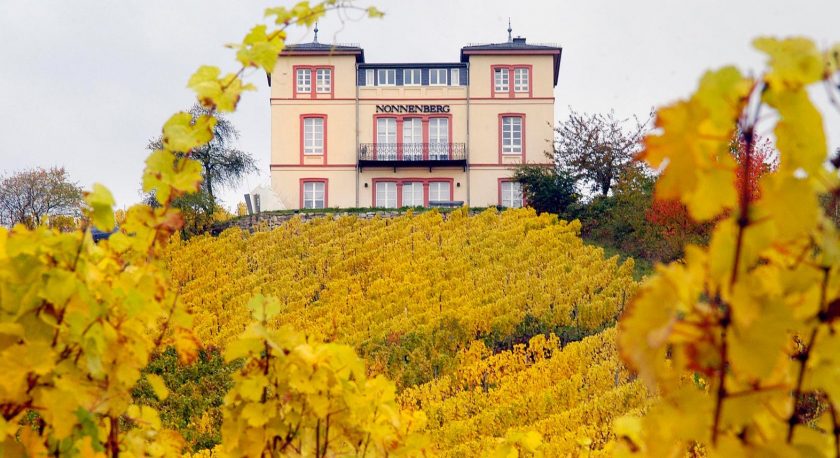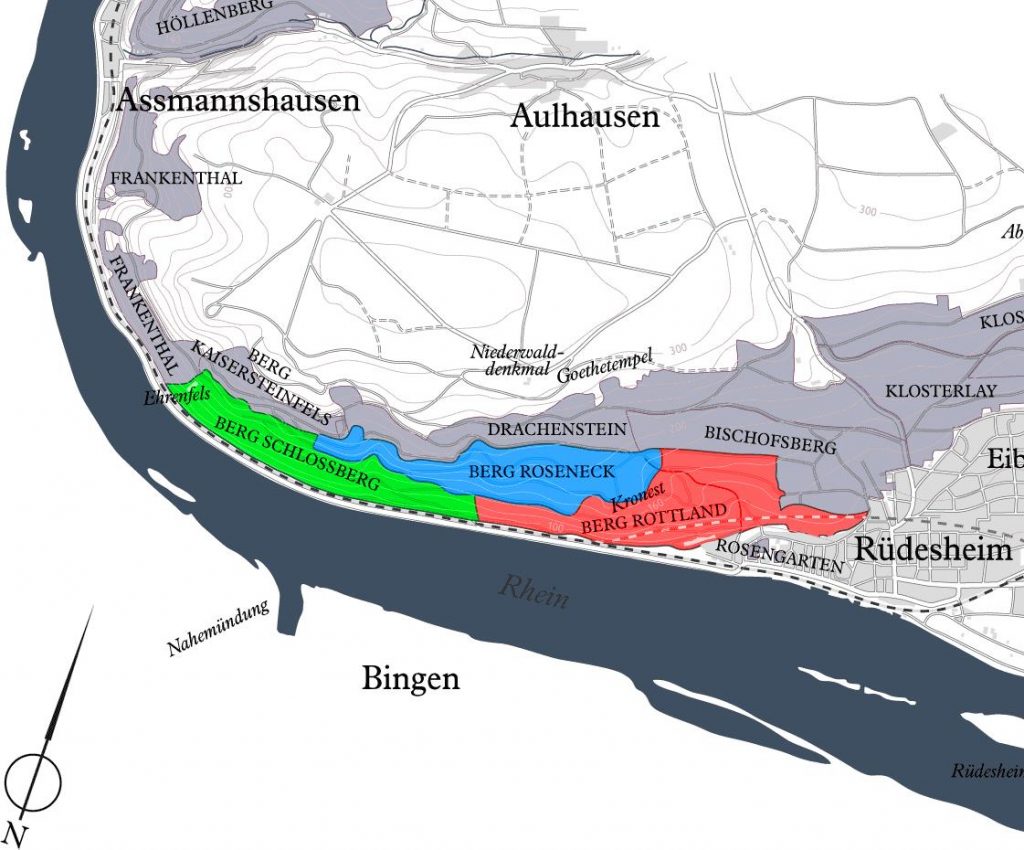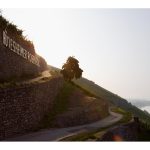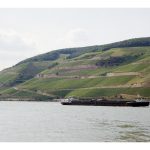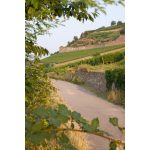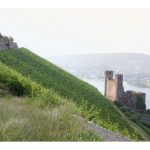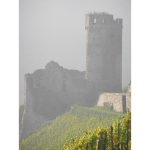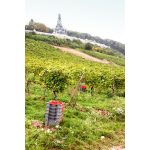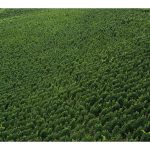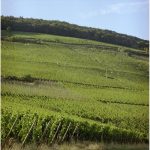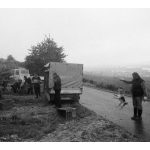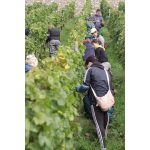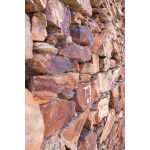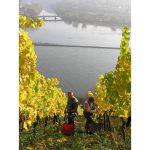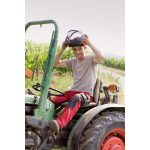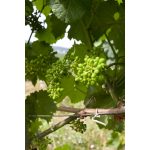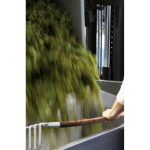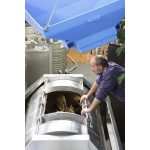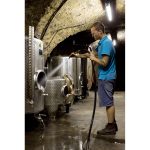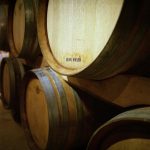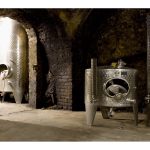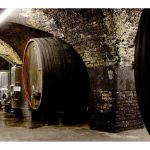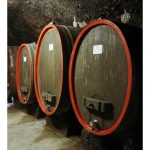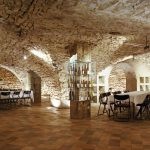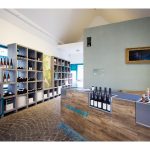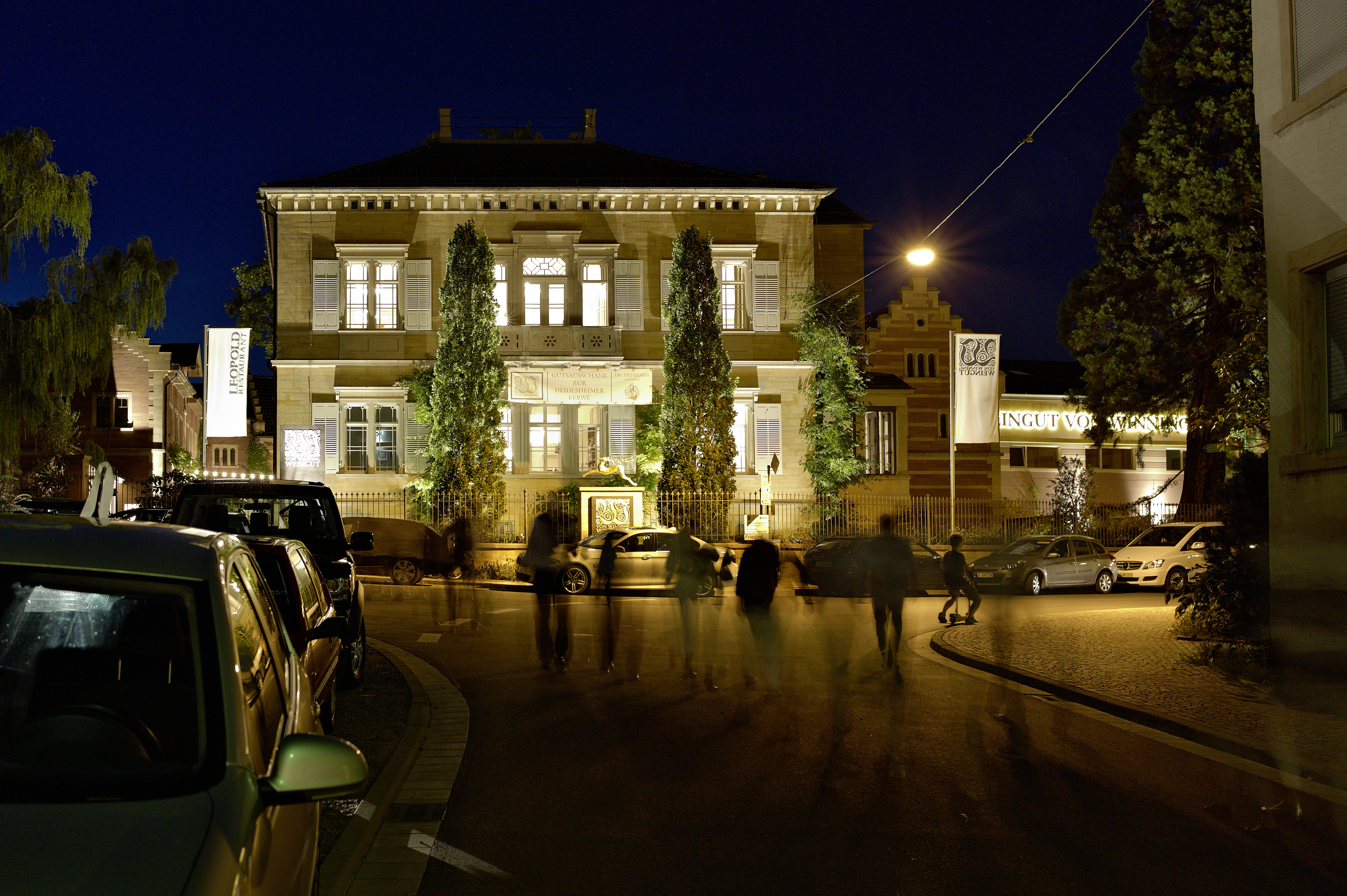We are pleased to announce a new partnership between Skurnik Wines and Weingut Georg Breuer, one of the finest estates in the Rheingau, Germany, located in the village of Rüdesheim am Rhein. This winery is steeped in tradition, known for exceptional viticulture, traditional methods and superb quality.
“I wish to produce wines that make the specific characteristics of their origin visible” – Bernhard Breuer

Weingut Georg Breuer looks back on 130 years of history, beginning in 1880, when it was founded by the Hillebrand and Scholl families. Peter Breuer purchased the property in the early 20th century, passing it to his son Georg (1910-1982) several years later. Georg renamed the winery, expanded the holdings and started shipping wines to England and other European countries, building a reputation for the estate and the wines of Rüdesheim am Rhein. Georg’s sons Heinrich and Bernhard Breuer further expanded the holdings in Rüdesheim and Rauenthal to 15 hectares.
In the 1980s Bernhard Breuer was one of the key members of Charta, an organization formed to promote a drier style of Rheingau wine. Bernhard was a proponent of this style of wine, and believed that the Rheingau was perfectly suited to producing very fine, elegant and flavorful dry Rieslings. He was also a strong advocate for a vineyard classification system based on geology, historical precedent and quality of wines. His vision raised the standard of the wines at this estate and across the region as a whole. Bernhard passed away suddenly in 2004, at the age of 57 and his daughter, Theresa Breuer took the reins of the winery.
Today, Theresa runs the estate with longtime manager and icon in the region, Hermann Schmoranz and cellar master Markus Lunden. The estate now spans over 30 hectares, with a majority of the holdings located in the three greatest Grand Crus in Rüdesheim am Rhein– Berg Schlossberg, Berg Roseneck and Berg Rottland and the Monopole site, Nonnenberg in Rauenthal. These two distinct villages are a pair of the very finest in the Rheingau, bookending the region from east to west.
The vineyards are farmed using organic methods and the winery is certified by Fair N Green. In the top sites, yields are reduced to between 15-25 hectoliters per hectare with 45hl/ha for the Estate and Village level wines. Physiological and “aroma ripeness” are more important than must weight and the grapes are picked when Theresa and her team feel the fruit is perfect. Botrytis is avoided as the majority of the production is dry. Fermentations are natural or started with pied de cuve; fermentation and elevage are in large used barrels for the top wines and a mix of barrel and steel for the Estate wines. The winemaking at this domaine is very simple and the results from these exceptional vineyards is clear – these are among the very finest wines in Germany.
Vineyards:
In Rüdesheim and Rauenthal in the Rheingau
Top Sites:
Rüdesheimer Berg Schlossberg (3,5 ha) – the steepest of the three Grand Cru sites in Rüdesheim, at 70% grade in parts of the vineyard, this site is named for the Ehrenfels castle ruins, which were used as a defensive post and tollhouse for the Archbishop of Mainz in the 13th century. Schlossberg is predominantly slate and quartzite, facing south towards the Rhein.
Rüdesheimer Berg Rottland (2,2 ha)-, located behind Rüdesheim, this vineyard is not as steep as Roseneck or Schlossberg and soils here are rich loess, loam with some slate and quartz. Vines in Rottland benefit from the proximity to the stone houses
in the village, giving more warmth and ripeness to the grapes.
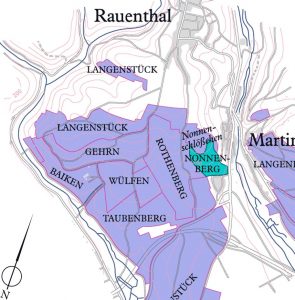 Rüdesheimer Berg Roseneck (1,8 ha)- Named for the wild roses which dot the vineyard landscape, this is a very steep site, in places up to 60% grade, with Tanus quartz and loess soil. This vineyard is the midpoint between the steeper and cooler Schlossberg and the riper and more powerful Rottland.
Rüdesheimer Berg Roseneck (1,8 ha)- Named for the wild roses which dot the vineyard landscape, this is a very steep site, in places up to 60% grade, with Tanus quartz and loess soil. This vineyard is the midpoint between the steeper and cooler Schlossberg and the riper and more powerful Rottland.
Rauenthaler Nonnenberg (5,6 ha– Monopole)- south facing steep vineyards with phyllite soils (slate with white mica) and gravel deposits. A top site in this famous village with Grand Crus like Gehern and Baiken in close proximity.
Yield:
45 hl/ha on average
15-25 hl/ha in the top sites
Grape Varieties:
26,4 hectares Riesling
3,6 hectares Pinot Noir
2,3 hectares Pinot Gris
0,7 hectares others




